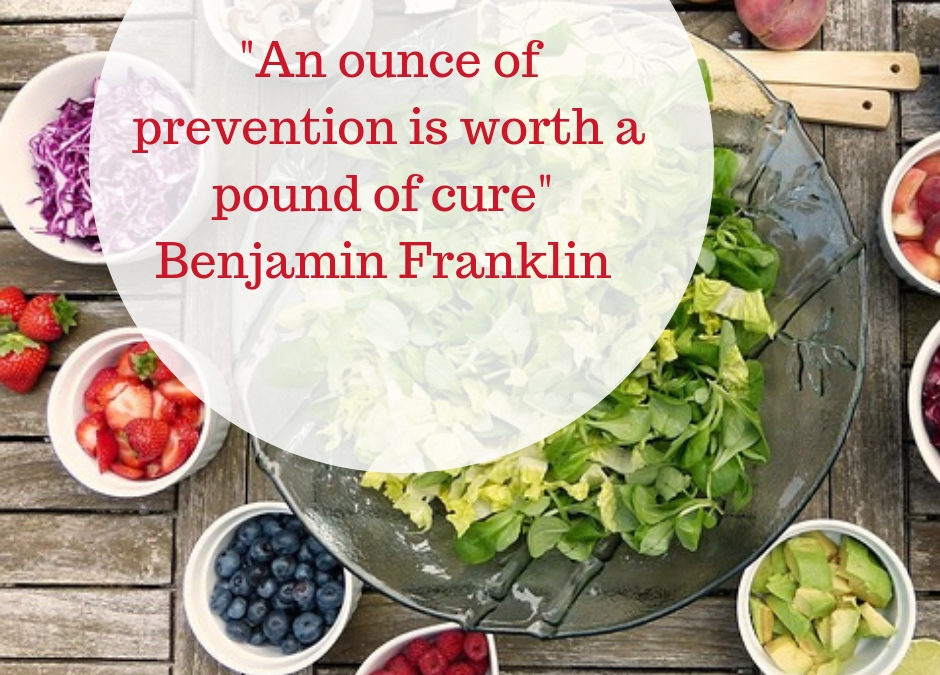In order to have a fuller happier life in our old age, we need to be committed to being healthy now, so that we can live independently and still be involved in our communities, instead of being restricted by poor health later in life.
Many of us (including me) have a family history of some disease, like high cholesterol, high blood pressure, diabetes or cancer, etc and this puts us at a higher risk. This was one of my reasons for adapting a more healthier lifestyle. There is much research that has shown by modifying our diet and becoming more active we can reduce the risk or delay the onset of disease (1)
This article is especially for you if you have been procrastinating about your health instead of prioritising it.
I find that a mistake many people make is that they feel since there is nothing wrong with their health (as they have no obvious symptoms) they don’t really need to prioritise their health. Yes, they may be a little overweight and are relatively inactive, but there is no pressing reason to focus on their health. And they put it aside, for another time, but find after years of neglecting themselves they wished that they had started earlier.
Don’t assume that by continuing with eating unhealthily (having more “cheat” meals than “healthy” meals) or not exercising you will be fine. This is because the cumulative effect of what you have been doing eventually catches up and also with age, our metabolism slows and risk of some diseases increases.
Today I wanted to discuss that there are some diseases, like high cholesterol, high blood pressure or diabetes which may not be diagnosed early because there are either no early symptoms or that the symptoms are vague and may be linked to other conditions. Therefore, for these types of diseases, it is necessary to have a screening done so you know what your numbers are. This allows you, depending on your results, to either begin early treatment or make changes as instructed by your doctor, to your diet and lifestyle. For example, by testing blood sugar levels pre-diabetes can be detected and if you are overweight the doctor advises the importance of managing your weight.
The NHS offers a free check-up, every five years to adults aged 40 to 74 years and this includes many tests. And if you live outside England, you can discuss with your doctor what screening is offered, based on your circumstances and medical history. By doing regular screening, doctors are better able to detect some diseases earlier and recommend either dietary and lifestyle changes or begin treatment.
I always recommend to my clients that they take personal responsibility for their healthier life by prioritising it.
You are the best person to take care of yourself! You can do this by increasing your knowledge and learning what you need to do to have a healthier life. This is sometimes easier said than done as there is often an oversupply of information available and at times it gets confusing when it is conflicting.
In my newsletters, I have in the past and will continue to share how you can make better informed choices to eat healthily. For instance, by reading labels. If you are looking for some health tips and recipes do visit my blog
Next week I will be discussing why being overweight is harmful to your health.
If you enjoy my health tips, come and join my wellness community where I share recipes, health tips and program offers. You won’t miss them as are direct into your inbox Subscribe here for my newsletters.
